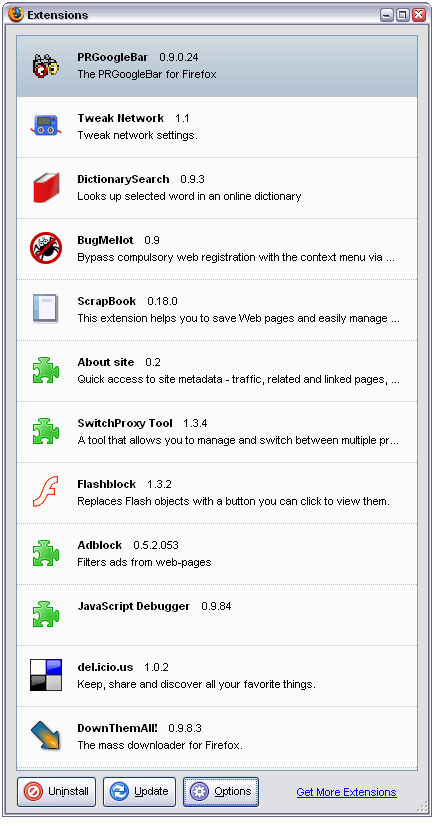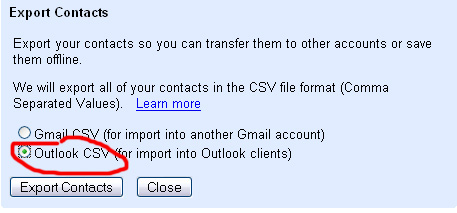Here’s a simple solution for the traveler who needs to ensure he/she has access to important docs while on the road. If you’re traveleing outside the US for any decent length of time it’s advisable to keep a copy of your passport in a separate place from your original in the event that you lose your wallet. So I’m standing in front of the fax/copier combo-machine trying to make a copy of my passport in preparation for a trip to Cancun tomorrow. I realize there’s no way I can run my passport through the fax machine to make a copy and decide that rather than making a trip to Kinko’s, I’ll scan it on the flatbed and print it out. Then I think "duhhh… if I’m gonna scan it why not just post a digital copy on my server and password-protect that directory?" Then the more I think about it, I realize "why not just scan every critical document I have and store them remotely?" Seriously, how many unforseen occasions could arise in which you need a copy of your health insurance card, or your driver’s license or whatever… and then I finally realize I might as well not even mess with my server/ftp/iis and instead email each jpg to my gmail account. I scanned and emailed each one separatley tagging the subject lines with "vitaldoc: passport" and "vitaldoc: birth certificate." With 2.5GB of free storage and near-perfect uptime, there’s really no reason not to store these critical docs in a gmail acct (assuming you trust the gmail security and are careful about how and where you access your account). And with the prevalence of internet cafes in most foreign cities, finding web access and a printer is a trivial task. If you have a secure USB jumpdrive you could store them there as well.
On that note, as far as the issue of security when accessing your email account from a public terminal- how have people handled this? I’ve just made a point of typing a bunch of random characters in notepad and then cutting/pasting my password from that instead of typing it in verbatim. I guess it’s possible that keyloggers have the potential to record cut/paste operations as well to reverse engineer the password but it seems like one of those scenarios (like using a CLUB on your vehicle) where an attacker probably has easier targets and would pass over this more-difficult-to-reverse-engineer password in favor of snagging just the plaintext passwords.
A completely unrelated tangent- Skype came through large for us again. My friend Benny and I are headed down to Cancun (actually Playa del Carmen) for the holidays for a 2wk adventure. After booking the plane tix we discovered that ALL THE HOTELS down there were sold out on every travel site we tried. Apparently they were hit pretty hard by hurricane Wilma and a bunch of the rooms are actually being used by construction workers. Fortunately we googled around and found this web site where you can sub the citycode in the URL and find local phone numbers of hotels in Mexico. I fired up Skype and we used some of my remaining skypeout minutes to bypass the travelsites and make international calls to the hotel managers directly. After about eight failed attempts we found one that had a vacancy which did not appear online and the owner was completely cool to us. Knowing Spanish, knowing about Skype and figuring out the pattern for the new areacodes in Mexico were the key pieces that facilitated this lucky break. I’ll be without email and phone for a few days. Happy Holidays everyone and Feliz Ano Nuevo.
sean
© 2005 Lights Out Production – All Rights Reserved Worldwide










